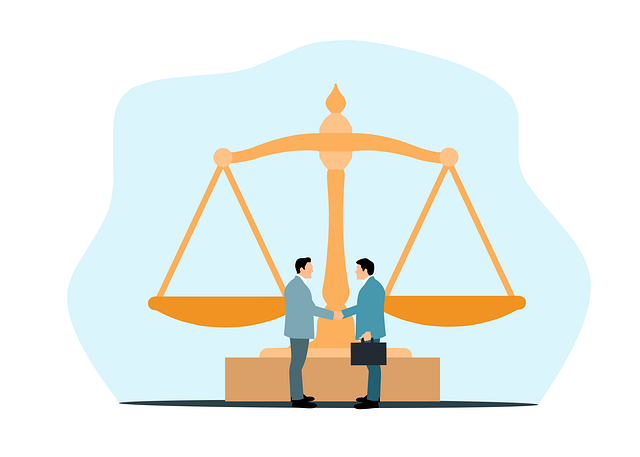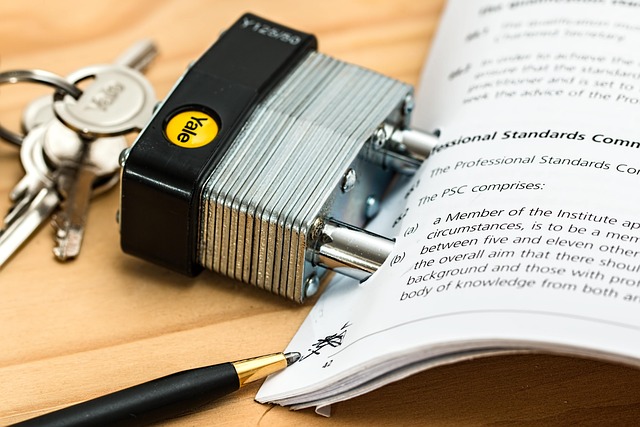In Oregon, defense lawyers play a crucial role in ensuring fairness and justice within the legal system. Their primary responsibilities include advocating for clients' rights through thorough case investigation, evidence gathering, and crafting compelling arguments against prosecution claims. Effective communication with clients, explaining complex legal concepts simply, is key. Adhering to strict ethical codes emphasizing integrity, honesty, and confidentiality, Oregon defense attorneys zealously represent clients while maintaining client privacy and avoiding conflicts of interest. They build strong relationships, actively listen to client concerns, provide clear legal explanations, and ensure full understanding of case details through regular meetings and updates. Leveraging their deep understanding of state laws and procedural rules, these lawyers craft robust defenses, employ strategic techniques, and uphold justice principles while aiming for favorable outcomes.
Understanding the role of a defense lawyer in Oregon is crucial for anyone facing legal charges. This article delves into the multifaceted responsibilities of these legal professionals, from their ethical obligations to their communication strategies with clients. We explore how defense lawyers in Oregon employ various legal tactics and stay current through continuing education. By examining these key aspects, readers gain valuable insights into the complex yet essential role lawyer responsibilities play in the state’s justice system.
- Role and Ethical Obligations of Defense Lawyers in Oregon
- Representation and Communication with Clients
- Legal Strategies and Advocacy Techniques Used in Oregon Courts
- Professional Conduct and Continuing Education Requirements
Role and Ethical Obligations of Defense Lawyers in Oregon

In Oregon, defense lawyers play a pivotal role in ensuring fairness and justice within the legal system. Their primary responsibility is to advocate for their clients’ rights and interests, providing robust legal representation. This involves thorough investigation of the case, gathering and presenting evidence, and crafting compelling arguments to counter the prosecution’s claims. Defense attorneys must also communicate effectively with their clients, explaining complex legal concepts in understandable terms.
Ethically, Oregon defense lawyers are bound by strict codes of conduct that emphasize integrity, honesty, and confidentiality. They are obligated to zealously represent their clients while upholding the highest standards of professional conduct. This includes maintaining client privacy, avoiding conflicts of interest, and refraining from any dishonest or fraudulent practices. These ethical obligations are crucial in preserving the integrity of the legal process and ensuring that every individual receives a fair trial.
Representation and Communication with Clients

In Oregon, a defense lawyer’s primary role is to represent and advocate for their clients’ interests in legal proceedings. This involves building a strong attorney-client relationship, where communication becomes a cornerstone of effective representation. Lawyers must actively listen to their clients’ concerns, provide clear explanations of legal options, and ensure full understanding of the case’s intricacies. Regular meetings and updates are crucial to keep clients informed about their rights, potential outcomes, and strategic decisions.
Effective communication includes explaining complex legal concepts in simple terms, discussing evidence, and offering guidance tailored to each client’s unique situation. Defense lawyers must also be prepared to advocate for their clients’ best interests during negotiations, court appearances, and any other interactions with legal stakeholders, ensuring their voices are heard and their rights protected throughout the process.
Legal Strategies and Advocacy Techniques Used in Oregon Courts

In Oregon courts, defense lawyers employ a diverse array of legal strategies and advocacy techniques to protect their clients’ rights. One key aspect is their expertise in interpreting state laws and procedural rules, which are often complex and nuanced. They leverage this knowledge to construct robust defenses, challenging the prosecution’s evidence and arguments at every turn. Defense attorneys in Oregon also utilize pretrial motions, discovery processes, and expert witness testimony to uncover weaknesses in the case against their clients and ensure a fair trial.
These strategies extend to effective communication with both the judge and jury. Defense lawyers articulate their client’s story, present mitigating factors, and highlight inconsistencies in the prosecution’s case. They may also employ persuasive rhetoric, cross-examination tactics, and strategic use of legal precedents to sway public opinion and achieve favorable outcomes. By combining these techniques, Oregon defense lawyers strive to uphold their clients’ lawyer responsibilities, ensuring a robust defense and adherence to the principles of justice.
Professional Conduct and Continuing Education Requirements

In Oregon, as in most jurisdictions, defense lawyers have a strict code of professional conduct they must adhere to, set forth by the Oregon State Bar. This includes ethical guidelines for representing clients, maintaining client confidentiality, and avoiding conflicts of interest. Lawyers are expected to act with integrity, honesty, and competence, ensuring their actions do not harm their clients’ interests.
Continuing education is also a vital requirement for defense lawyers in Oregon. To maintain their license, attorneys must complete a specified number of educational hours annually, focusing on topics relevant to the practice of law. This ensures that lawyers stay updated with changes in the law, ethical standards, and legal practices, enabling them to provide the best possible representation to their clients within the state’s legal framework.
